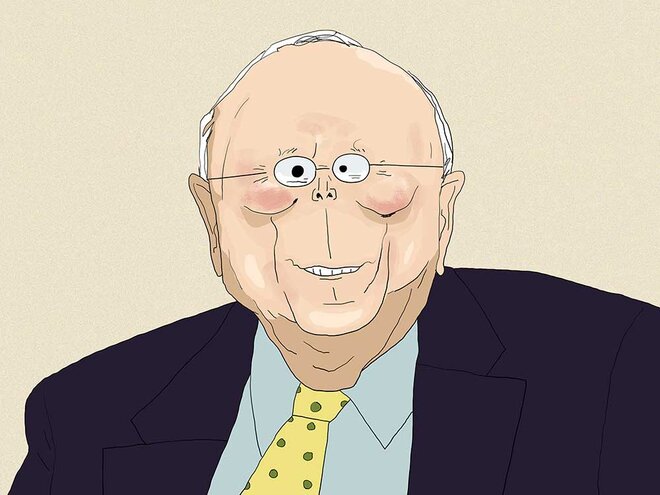 Anand Kumar
Anand Kumar
Charlie Munger is the partner of Warren Buffett and the Vice Chairman of Berkshire Hathaway. Munger is often credited for changing Buffett's investment approach right from buying cheap stocks trading at very low valuations to buying quality stocks trading at fair valuations. He is widely known for his superior thinking skills. In this article, we delve into some of the points that he discussed in his 1995 speech on the psychology of human misjudgment at Harvard Law School (https://bit.ly/3cUPHJQ).
Power of incentives
Incentives are a powerful tool to understand the outcomes of the situation. Describing its importance, Munger says, "Well, I think I've been in the top 5 per cent of my age cohort all my life in understanding the power of incentives and all my life I've underestimated it." Our visits to banks are an illustration of wrong incentives wherein relationship managers at banks are paid based on how much financial products they are able to sell. But this leads to mis-selling.
Staying in denial
The inability to face reality and remain in denial could do great damage to us. Munger describes why we do it, "The reality is too painful to bear, so you just distort it until it's bearable." After a fall of more than 50 per cent, we still cling to our stocks even when corporate governance issues are right in front of us.
Changing one's point of view
As humans, we tend to reach a conclusion and stick to it even when new information emerges and contradicts it. Munger gives a vivid example, "The human mind is a lot like the human egg and the human egg has a shut-off device. When one sperm gets in, it shuts down so the next one can't get in. The human mind has a big tendency of the same sort." Consistently updating your investment thesis with new information can help you become better investors.
Your association matters
No matter whether it's a company, a brand or a person, we all want to be associated with good things. Munger explains, "I'd say 3/4th of advertising works on pure Pavlov. Think how association, pure association, works. Take Coca-Cola company (we're the biggest shareholder). They want to be associated with every wonderful image." Probably, that's the reason the last Maggi ad is associated with instant noodles, Bournvita with motherhood and Coke with happiness.
Invest through rationality and envy
Envying others is one of the most damaging biases that can cause irrational thinking. Munger describes Buffett on envy, "I've heard Warren say a half a dozen times, it's not greed that drives the world, but envy." Isn't it the envy of profits made by friends/colleagues through trading activities that make us forget the basics of our own value investing?
Going beyond what's available
Suppose you invest in a company and thereafter, it takes steps that go against minority shareholders' interest. On asking, the management regrets the happening and insists it won't happen again. Based on this much information, would you still stay invested? If you were Munger, then you would not. He believes, "Well in the history of the See's Candy Company they always say, 'I never did it before and I'm never going to do it again.' And we cashier (fire) them. It would be evil not to because terrible behaviour spreads."








